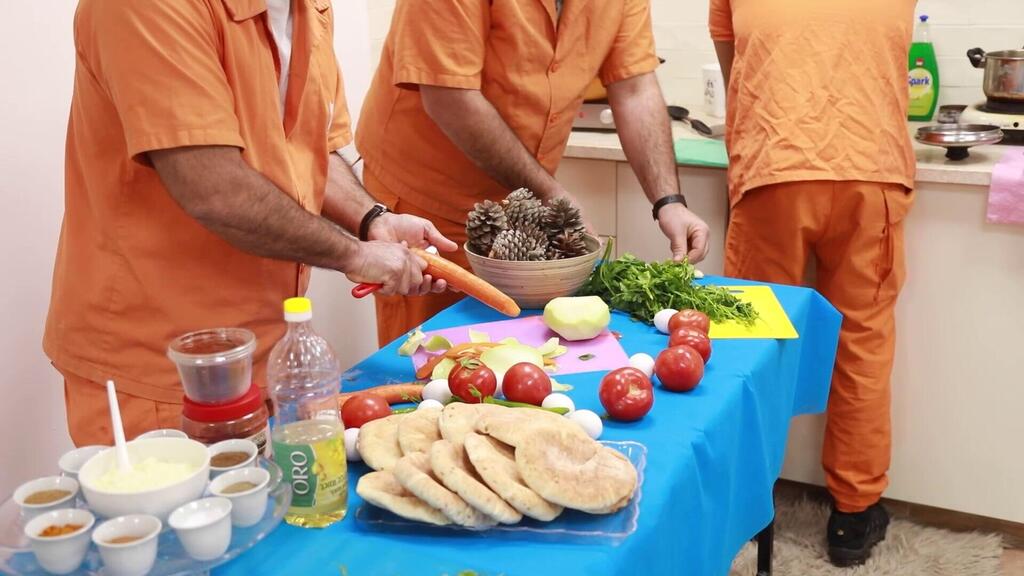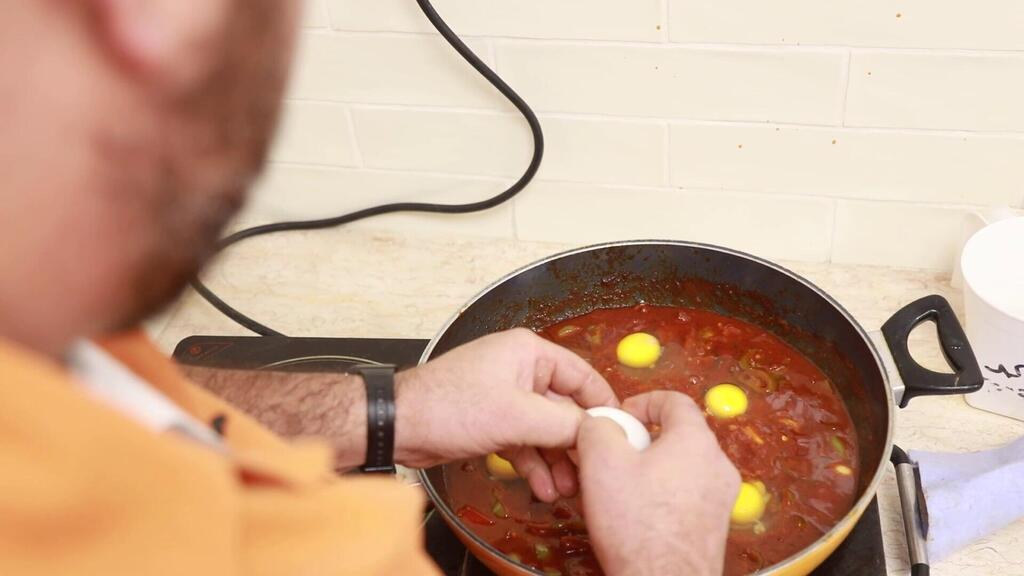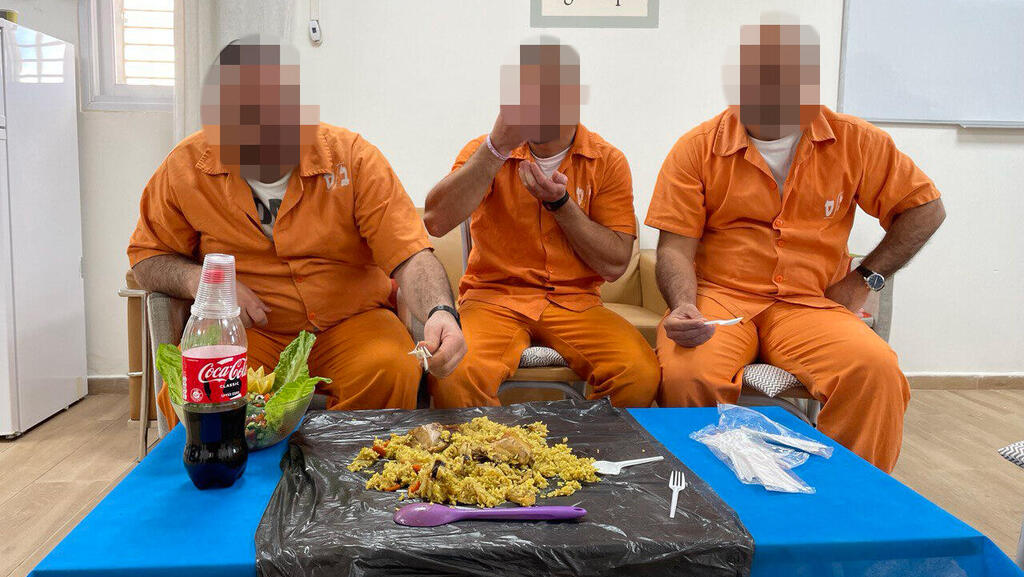Getting your Trinity Audio player ready...
Southern Israel's Eshel Prison is, among other things, also a rehabilitation center that offers inmates a wide array of activities designed to get them back on the right track — one of which is a workshop that incorporates cooking and writing.
The facility, which lies just south of the city of Be'er Sheva, consists of five wards: sex offenses, drugs, domestic violence, traffic offenses, and last but not least — rehabilitation, which allows inmates to seek work outside prison walls and earn a salary.
One particularly intriguing activity offered at the ward is a writing workshop for prisoners with attention deficit issues led by Shuli Nachum who decided to also throw cooking into the mix.
This combination led to the creation of Aromas of Hope — a collection of recipes and personal stories that offer a glimpse into the lives of prisoners and their journey toward rehabilitation.
In this unique cookbook, inmates share their favorite recipes, along with memories and anecdotes that reveal their struggles, hopes, and dreams. From hearty stews to decadent desserts, each recipe is a reflection of the person who created it.
Some of them are heart-wrenching, like the story of a prisoner who was locked up in solitary confinement and begged the guard to remove the handcuffs from his hands so he could make shakshuka, a traditional Middle Eastern dish. The prisoner was eventually released, but his recipe and story are featured prominently in the book.
One of the prisoners recounts the violence he endured from his brothers, violence that began at the age of nine and continued for many years thereafter. "The cinnamon stick reminds me of the beatings I received from my brothers with sticks, the turmeric reminds me of the blue marks on my body that their beatings would leave behind and turn yellow, and the salt reminds me of the salty tears I cried every morning and every evening."
"Our mission is to provide them with tools that will help them integrate into society and not return to prison," explains Limor Avioz, the education officer at Dekel Prison.
"The cooking workshop was born out of this goal. The prisoners started with a writing workshop, during which they wrote down recipes from their parents' homes. Thus, while honing their cooking skills, they also develop other skills - teamwork, creativity, listening and concentration.
During the workshop, they discovered skills that they didn't know they had and suddenly recognized their abilities and this boosts their self-confidence and also their feeling of capability."
Avioz added that most of the recipes called on the prisoners to rekindle or strengthen relations with their families.
"It connected them to their families and their roots and also connected them to multiculturalism because in one workshop we had an Arab, a Druze, a Jew, a religious guy, it was a diversity that represents our society."




